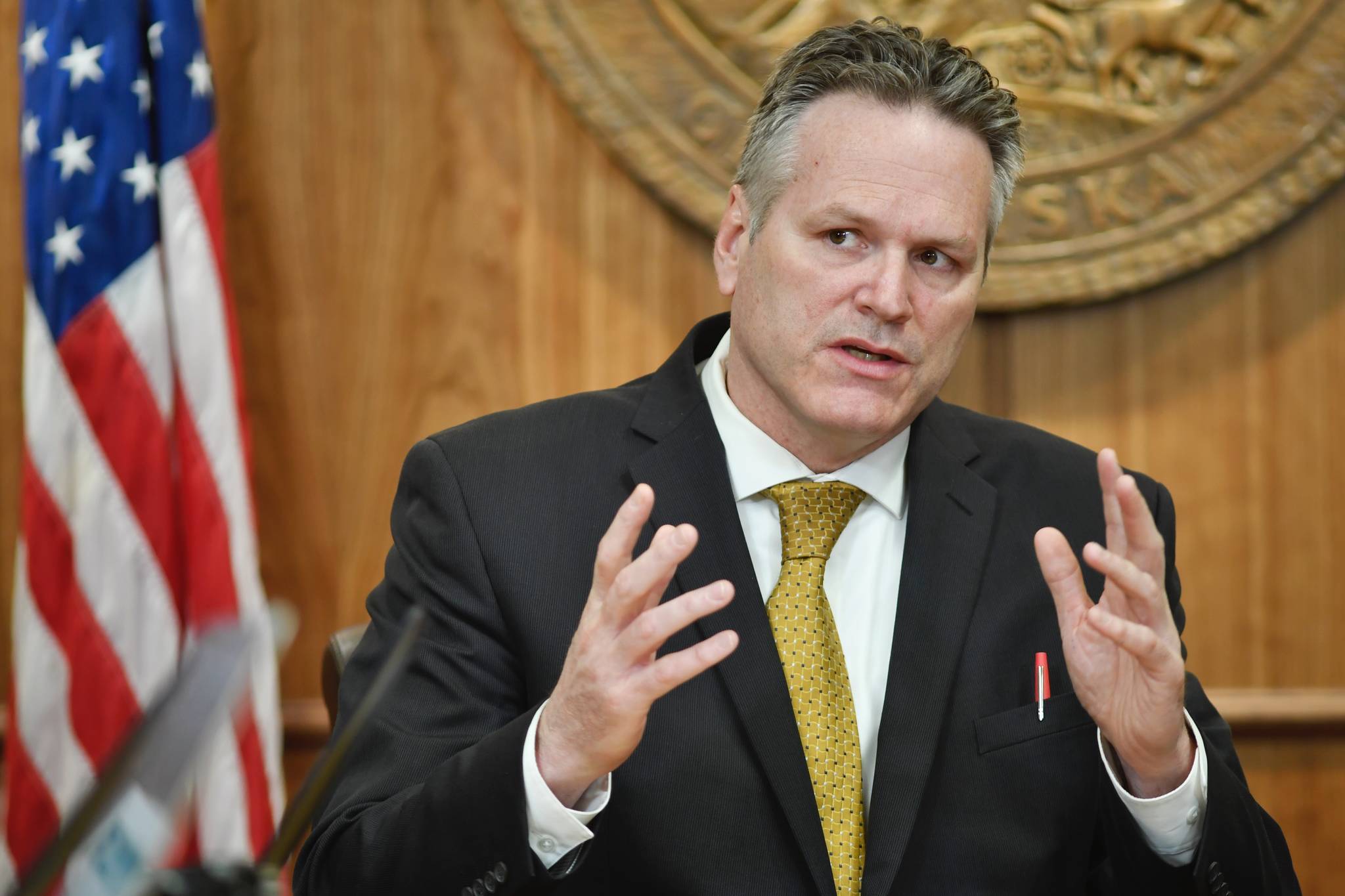As Alaska legislators ponder resolutions to the state’s budget challenges, there’s a lot to be learned from Kansas’ efforts to balance budgets under Gov. Sam Brownback. Here’s the big lesson: don’t cut taxes and increase spending.
A lot of what’s been written about the Kansas tax cut effort, including a report from Alaska KTOO public radio, is inaccurate. As we documented in What was Really the Matter with the Kansas Tax Plan, the Brownback administration wasn’t counting on tax cuts paying for themselves. Everyone knew spending needed to be adjusted to match the planned reduction in revenue but, instead, Democrats and many Republicans pushed spending increases, and Brownback went along.
School funding wasn’t cut as claimed; it set several new records, as did total state spending. As hard as it might be to believe, reports from the Kansas Department of Education and the Kansas Division of Budget consistently refuted false claims of “draconian” cuts that still float about in media reports.
Another big lesson gets to the heart of the debate in Alaska.
The key to having lower taxes is providing good quality services at the best possible price. Every state provides the same basic services (education, social services, etc.) but in 2017, the states that tax income spent 54 percent more per-resident than the states with no income tax.
It’s not access to special revenue sources; Texas, for example, could have all the oil in the nation and still have high taxes if they spent more. Data from the National Association of State Budget Officers shows Texas spent just $2,554 per-resident (not counting federal or debt-related spending); that’s about the same as little New Hampshire’s $2,674.
Alaska spent $8,085 per-resident in 2017. That’s considerably lower than the previous two years, which likely indicates there’s more efficiencies to be had. Wyoming, another large land mass with small population, spent $6,044 per-resident in 2017.
The question in Alaska is not whether to cut services as Alaska Public Radio says, but whether legislators are willing to reduce the cost of services by making government more efficient.
• Dave Trabert is president of Kansas Policy Institute, a free-market advocating think tank in Wichita, Kansas. My Turns and Letters to the Editor represent the view of the author, not the view of the Juneau Empire.

